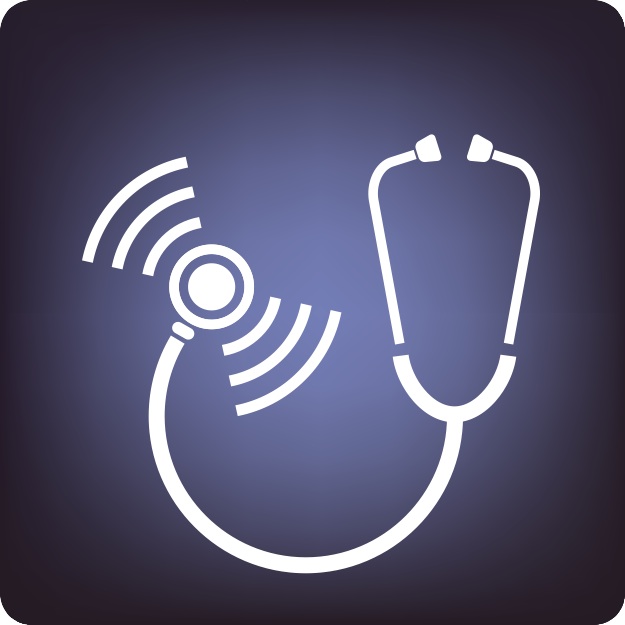

One of my irritations with fast track care, especially Kroger’s Little Clinics, is the overuse of antibiotics. Living in Louisville, where allergies are king, a simple cold often turns into two weeks of miserably clogged sinuses from increased swelling in already perennially irritated mucous membranes. A few days ago a new version of “careless care” appeared on my radar. Teladoc advertises itself as the first and largest telehealth provider in the US. Some insurance companies and employers pay for their members to utilize the service. This particular patient used it three times in six months, each time receiving and antibiotic for a “sinus” infection, despite the fact that each time she’d only had symptoms for four or five days. She finally came to see me because the medication the teledocs gave never seemed to help. Go figure.
We spent some time talking about the difference between viral infections and bacterial ones, and discussing the problem with bacterial resistance due to the overuse of antibiotics. She promised to see me with her next episode and appeared rueful that she’d not come in sooner with the previous episodes.
The fact that telemedicine can lead to the overuse of antibiotics has been studied[1]. I was unable to find any studies evaluating overprescribing in Urgent Care Centers so I can only relate my own experience. The ERs and the NP staffed Walgreen clinics in my area do a much better job than the Kroger “Little Clinics” where antibiotic prescribing seems to be more ubiquitous than high fructose corn syrup.
As telemedicine and other forms of convenient care increase, the fragmentation of healthcare does the same. Did I get any patient information from the Teladoc physician? No, of course not. Almost never do I get documents from the Walgreens/Kroger/Walmart nurse practitioner. I can’t fight the convenience and know that as more and more patients have difficulties conveniently getting in to see their primary care doctors, this will only get worse. It is imperative that these groups communicate with patients’ physicians. The question is, do I have an imperative to educate the Board Certified Physician who works for Teladoc? And why do I suspect he/she might not appreciate that? The answer is, I need my healthcare system to allow me to use telemedicine to treat my own patients at their convenience.
1. Ateev Mehrotra, MD; Suzanne Paone, DHA; G. Daniel Martich, MD; Steven M. Albert, PhD; Grant J. Shevchik, MD JAMA Intern Med. 2013;173(1): 72-74.doi:10.1001/2013.jamainternmed.305. http://www.webcitation.org/6F5uFLPIY
image: mhealth/shutterstock